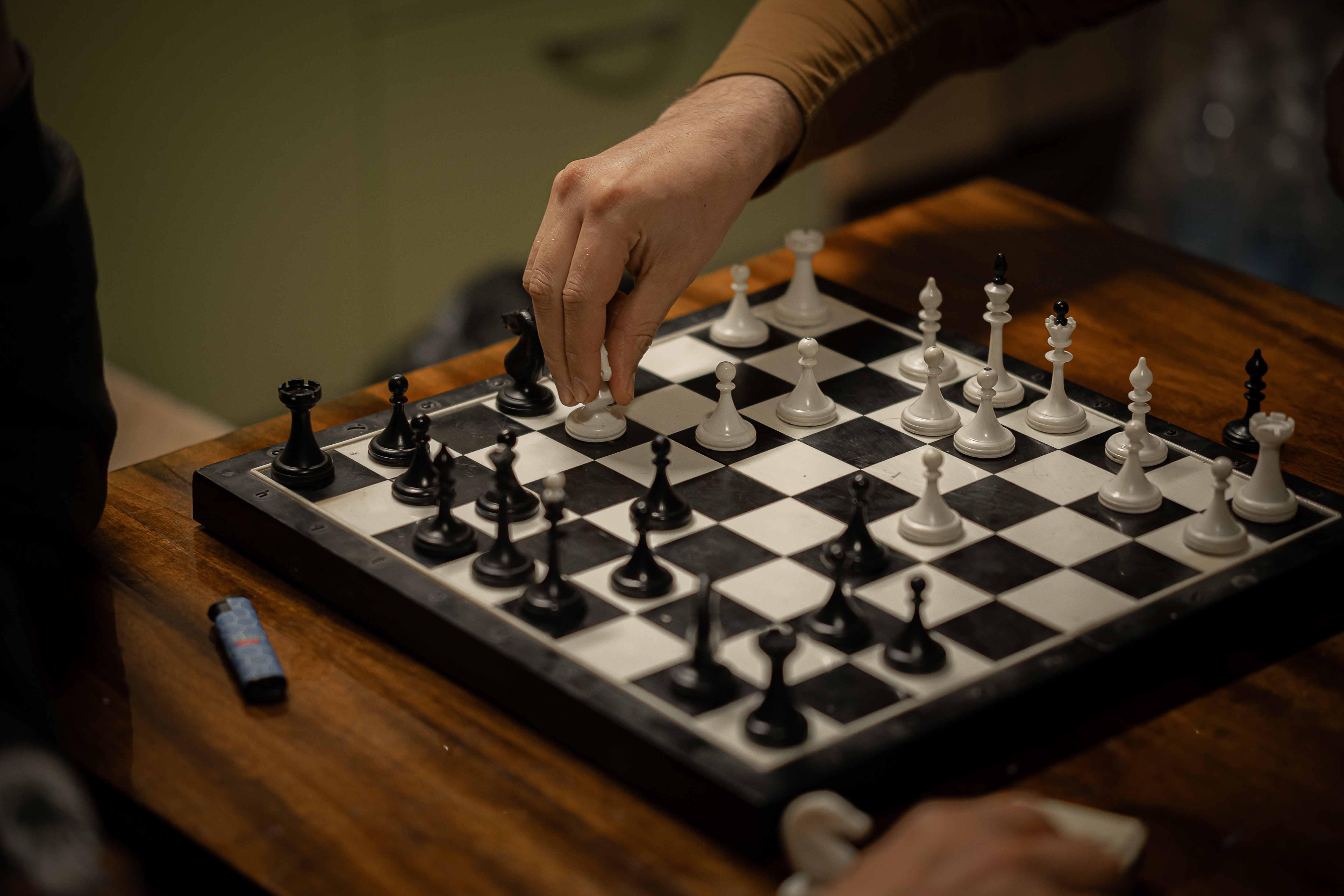
As if 2022’s (totally not true) anal beads cheating scandal wasn’t wild enough, the chess world has now been rocked by several more serious allegations: Two players have been suspended, one for allegedly poisoning her opponent and another for the alleged sexual harassment of female chess players.
Russian chess player Amina Abakarova has been temporarily suspended from the Russian Chess Federation after she allegedly attempted to poison her opponent, Umayganat Osmanova, with mercury at an Aug. 2 tournament. The Russian Chess Federation pointed Polygon toward its statement from president Andrey Filatov, confirming Abakarova has been temporarily suspended from official competition until the police investigation is through; then, they’ll make a decision on whether she’s disqualified for life.
Russian state media claims Abakarova was arrested and is being held by police, citing Telegram channels, but Polygon has not been able to confirm that claim. Video purportedly showing the alleged poisoning is circulating on social media: In it, a dark-haired woman saunters up to a specific chess board in a room full of them, pulls something out of her bag, then seemingly applies it to several pieces. The mercury was reportedly spilled from a broken mercury thermometer, according to Chess.com. Osmanova reported feeling unwell after playing on that board, according to the report, but ultimately was able to finish the tournament.
Then, on Aug. 12, the International Chess Federation (FIDE) issued a ruling against international chess master Andrejs Strebkovs, who reportedly sent used condoms and pornographic photos to multiple female chess players, some of whom were minors, over a period of at least 10 years. The detailed report from the FIDE includes at least 14 separate letters, all of which were sent from Latvia, but used different names, including those of other prominent chess players.
Strebkovs’ sexual harassment was made known to the world after a Russian news site, based in Latvia, published an in-depth report detailing Strebkovs’ behavior over the past 10 years. Latvian police began investigating and confirmed that DNA from the condoms matched that of Strebkovs; however, the case was closed on Jan. 10, 2023, the FIDE reported, because sending the pieces of pornography and condoms was not a criminal charge in Latvia.
Given the evidence, the FIDE found Strebkovs guilty of breaking its rules. Strebkovs responded, the FIDE said, by claiming his behavior has no relevance to the chess federation. “The Respondent’s statement only addressed the issue of admissibility of the complaints and failed to present any arguments on the merits of the charges, not even denying guilt,” the federation wrote in its ruling document. Strebkovs will be banned from all FIDE events for five years.
Here is a piece of the FIDE report:
By the definition of harassment as systemic, hostile and repeated actions affecting the dignity of a person, the conduct of the Respondent qualifies as such behaviour. The Respondent´s unwanted and disturbing letters which contain lewd sexual contents is repeated and clearly of a sexual nature. Though at first some of the victims dismissed or thought the envelopes were a joke, some eventually felt the negative, psychological effect. The EDC rejects the Respondent’s position that these envelopes were ‘private correspondence’. One needs only to check a dictionary for the definition of correspondence to know that it includes communication between both parties, known to each other. Sending envelopes under an alias and impersonating other does not qualify as correspondence, especially when there is no element of a reply. Even if the Respondent had sent the letters under his own name, it would not have qualified as” private correspondence”. The main reason for this is that the sender and the recipients were not acquainted with each other. The only connection between them were the fact that they all belong to the FIDE Family.
Strebkovs has 21 days to appeal the decision. The player has not been stripped of his ranking or international master title, according to Chess.com. Polygon has reached out to FIDE for additional comment.
Source:https://www.polygon.com/gaming/440094/international-chess-scandals-2024






